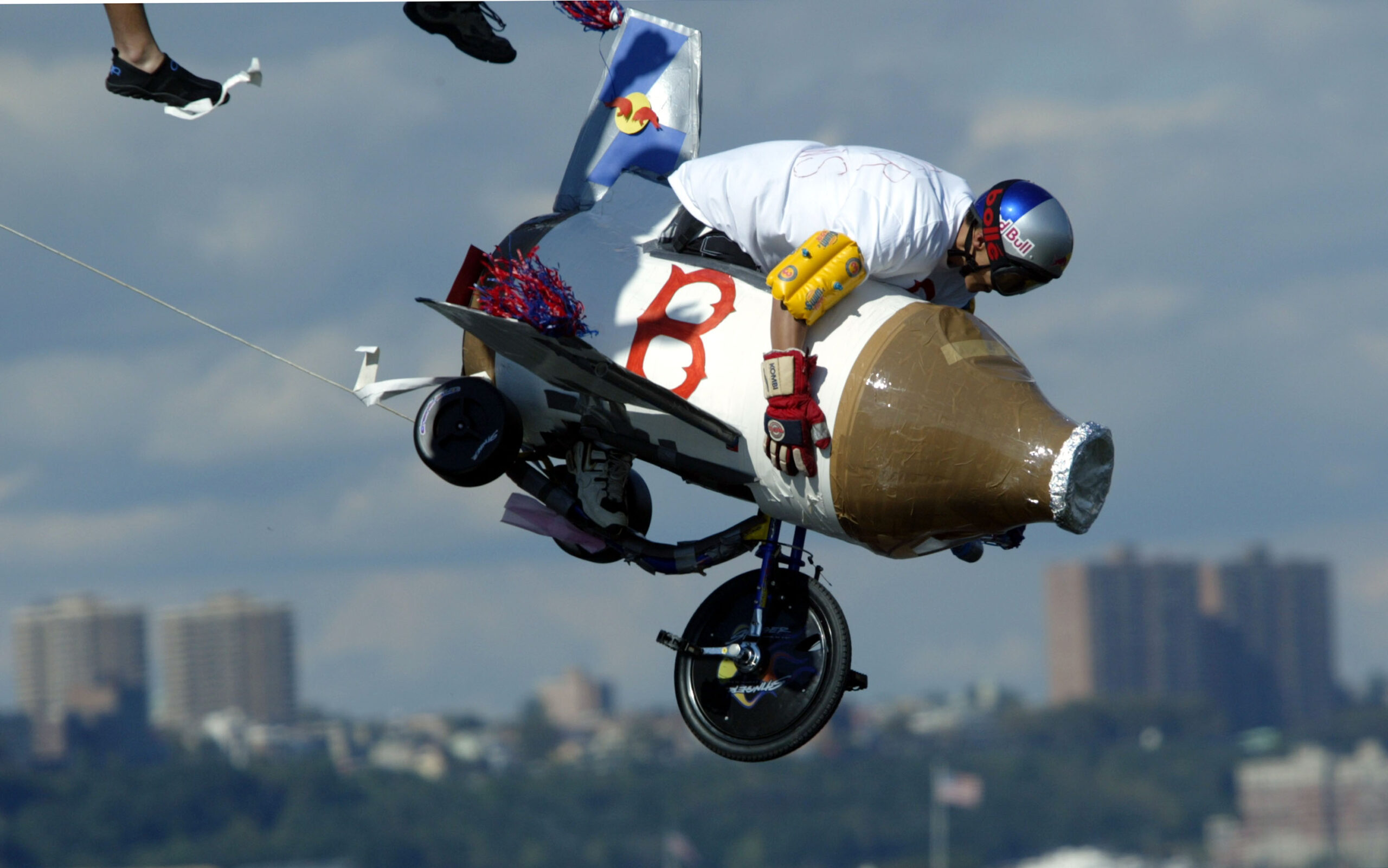8 biotechs that either flew or sunk on clinical trial results in 2018

Picture: Getty Images
A year is a long time — unless you’re a biotech company engaged in clinical trials.
Pharmaceutical Journal reported that it can take around 12 years and about $1.8 billion to take a drug from formulation to market.
That’s on top of the fact that only 9.6 per cent of drugs make it from phase 1 to market, according to Biotechnology Innovation Organisation data.
So progress is slow, meaning great significance is placed on results of clinical trials.
Clinical trials are conducted in phases. Pre-clinical studies find researchers testing how drugs work in the lab or in animals such as mice or sheep.
Phase I trials are conducted in small groups to evaluate safety and tolerability. Phase II trials test efficacy (whether it works) in larger groups. Phase III trials compare efficacy of the drug with currently available treatments, after which the drug can go to market.
Phase IV trials then monitor the effectiveness of the approved intervention in the general population and to collect information about any adverse effects associated with widespread use over longer periods of time.
Trial results can have a big effect on a company’s share price. On eight occasions this year, Stockhead reported on small cap biotechs who soared on the back of positive results or experienced share price wipeouts due to negative or confusing results.
Huge gains
Biotron (ASX:BIT) was the biggest and most-discussed winner. On September 28, the company announced that its HIV drug was “having a unique effect in patients, over and above viral suppression seen with current antiretroviral drugs” in phase 2 trials.
It had closed at 1.9c the day before; it was sitting at 4.1c a day later.
But the climbing was far from over. Biotron rode a wave of momentum all the way through October, eventually hitting a high of 44.5c as it locked in $4.7 million in future funding — a 2,242 per cent increase since before the announcement. Stockhead wrote no less than seven stories focusing on the biotech over that time.
It has lost 75 per cent of those gains since, however, and is now trading at 11.2c.
In July, Bard1 (ASX:BD1) added breast cancer testing to its lineup, and it sent the shares up 477 per cent, from 1.3c to 7.3c, all in the space of a day.
It came off trial results that showed that its test “demonstrated its high diagnostic accuracy for detection of breast cancer across all cancer stages”.
It was trading at 2.2c on Thursday.
- Subscribe to our daily newsletter
- Bookmark this link for small cap news
- Join our small cap Facebook group
- Follow us on Facebook or Twitter
Patrys (ASX:PAB) was an early high-flyer, with its shares rising 245 per cent way back in February, when its cancer drug was shown to work in mice with human glioblastoma tumour implants.
PAB shares hit a high of 7.6c, though have since settled down to 3c.
Paradigm Biopharma (ASX:PAR) is a more recent mover, with its shares rising 63 per cent to an all-time high of $2.15 on Tuesday after it achieved significant reductions in knee pain for osteoarthritis patients treated with its drug.
But even that couldn’t be sustained over the course of the week, with its shares falling 41 per cent since to settle at $1.275.
Here is a table of clinical trial high-risers and share price movement. Click headings to sort
| ASX code | Company | Price before trial results | High price post trial results | Pct change | Price Dec 20 | Recovery / decline since high |
| PAR | Paradigm Biopharma | $1.32 | $2.15 | 63% | $1.275 | -41% |
| BIT | Biotron | $0.019 | $0.445 | 2242% | $0.112 | -75% |
| BD1 | Bard1 Life Sciences | $0.013 | $0.075 | 477% | $0.022 | -71% |
| PAB | Patrys | $0.022 | $0.076 | 245% | $0.030 | -61% |
Wiped out
Factor Therapeutics (ASX:FTT) was the most savage biotech loss of the year. In November, its wound dressing treatment was found to have no effect on patients with venous leg ulcers, and the company almost completely collapsed.
The shares dropped 97 per cent from 7.3c to 0.2 of a cent, with more than $59 million wiped from its market cap in an instant.
Directors said that the company did not have a commercial future and all focus would be put into halting all its drug development.
Bionomics (ASX:BNO) suffered a similar fate, though not quite as horrific in terms of collapse.
Its PTSD drug failed to reduce symptoms after 12 weeks, and the company’s shares fell 69 per cent, from half a dollar to 15.5c.
The company has other indications, so remains operational, but the shares have since fallen a further 26 per cent to 11.5c.
Mesoblast (ASX:MSB) boss Silviu Itescu got on the defensive when his company’s heart failure trial sent the stock tumbling down 36 per cent.
The trial failed to meet its primary endpoints, but chief Mr Itescu told Stockhead: “the announcement has clearly been misunderstood by the market”, pointing to “clinically meaningful” results from the trial that he says were overlooked.
Mesoblast shares have fallen a further 23 per cent since, sitting at $1.075.
ResApp (ASX:RAP) chief Tony Keating was another to lament that his company had not educated its shareholders well enough on what a good result looked like after some of its coughing app trial’s primary endpoints were not met.
Shares fell 59 per cent to 9c, but since have recovered 22 per cent to 11c.
Here is a table of clinical trial low-fallers and share price movement. Click headings to sort
| ASX code | Company | Price before trial results | High price post trial results | Pct change | Price Dec 20 | Recovery / decline since high |
| BNO | Bionomics | $0.500 | $0.155 | -69% | $0.115 | -26% |
| FTT | Factor Therapeutics | $0.073 | $0.002 | -97% | $0.002 | 0% |
| MSB | Mesoblast | $2.180 | $1.405 | -36% | $1.075 | -23% |
| RAP | ResApp | $0.220 | $0.090 | -59% | $0.110 | 22% |
UNLOCK INSIGHTS
Discover the untold stories of emerging ASX stocks.
Daily news and expert analysis, it's free to subscribe.
By proceeding, you confirm you understand that we handle personal information in accordance with our Privacy Policy.








